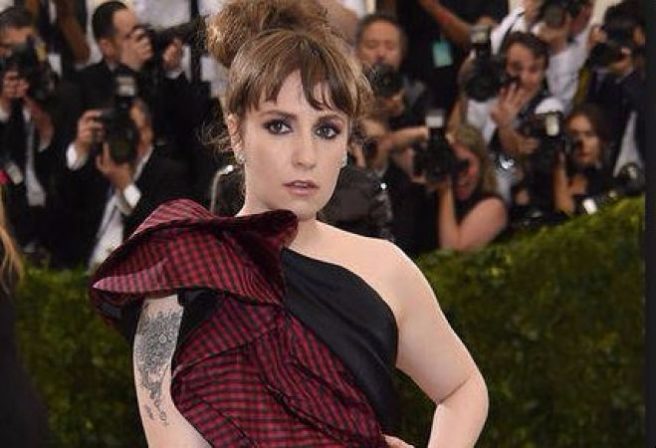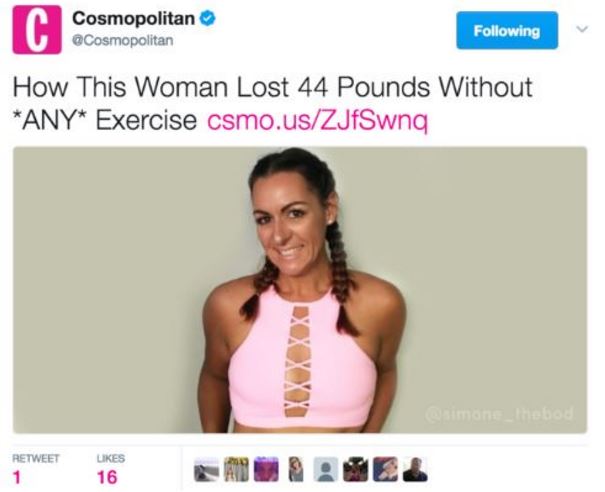
Comment: When will they stop disguising ill health as diet ‘inspo’?
Lena Dunham has never made any secret of the medical conditions which have plagued her for most of her life.
While making a name for herself in the entertainment industry and spearheading one of the most successful television shows in recent years, the 30-year-old has lived with anxiety and endometriosis.
And media outlets who wouldn’t be aware of this aspect of Lena’s life are few and far between.
So, when Us Weekly ran a feature on the star and used her recent weight loss as a platform to provide so-called diet tips, Lena, unsurprisingly, wasted no time highlighting the inaccuracy of their coverage.
Taking to Instagram to share an image of the cover, Lena, who was recently hospitalised, provided her followers with a more accurate representation of her ‘weight loss journey’.
Including but not limited to anxiety, abdominal adhesions, bladder spasms and intense distress over various elements of her private life, Lena ensured Us Weekly that her weight loss is not something to aspire towards nor is she in any position to offer ‘motivation’ to the female demographic.
“I have no tips. I give no tips,” she wrote.
“I don't want to be on this cover cuz it's diametrically opposed to everything I've fought my whole career for and it's not a compliment to me because it's not an achievement thanx ,” (sic)

Like Cosmopolitan’s astonishing decision to frame a story about cancer with a clickbait headline about weight loss, US Weekly conveniently decided to forget that Lena has a medical background which can impact on her weight and appearance.
Instead of running coverage on Lena’s courage and strength in the face of ill health, US Weekly appeared to think their female demographic would be more inclined to open the magazine if they splashed some weightloss tips on the cover.
Like Cosmo, Us Weekly wrongly assumed they could disguise poor physical and mental health with some handy tips on trimming down and toning up.
And like Cosmo, they were wrong.











